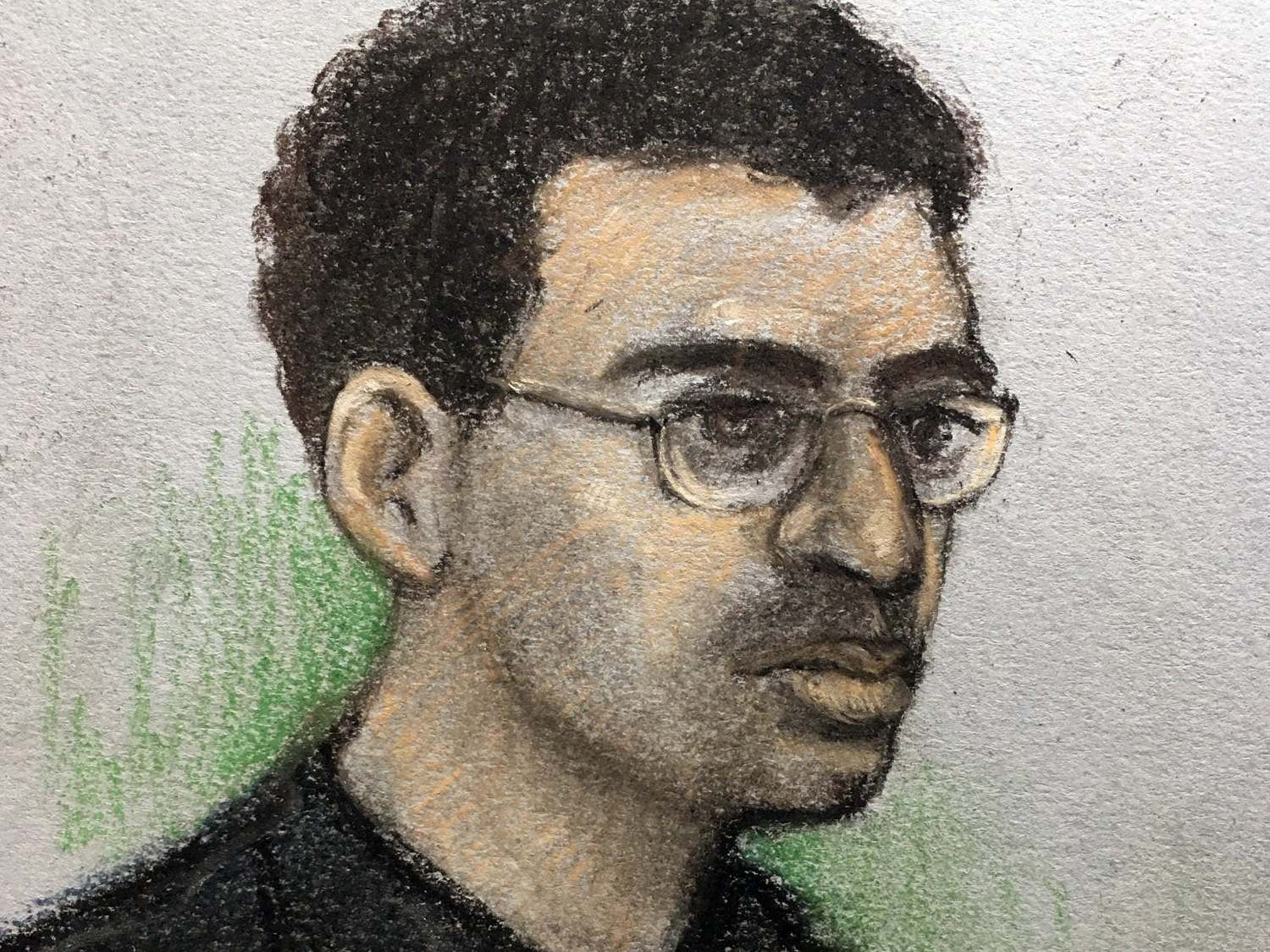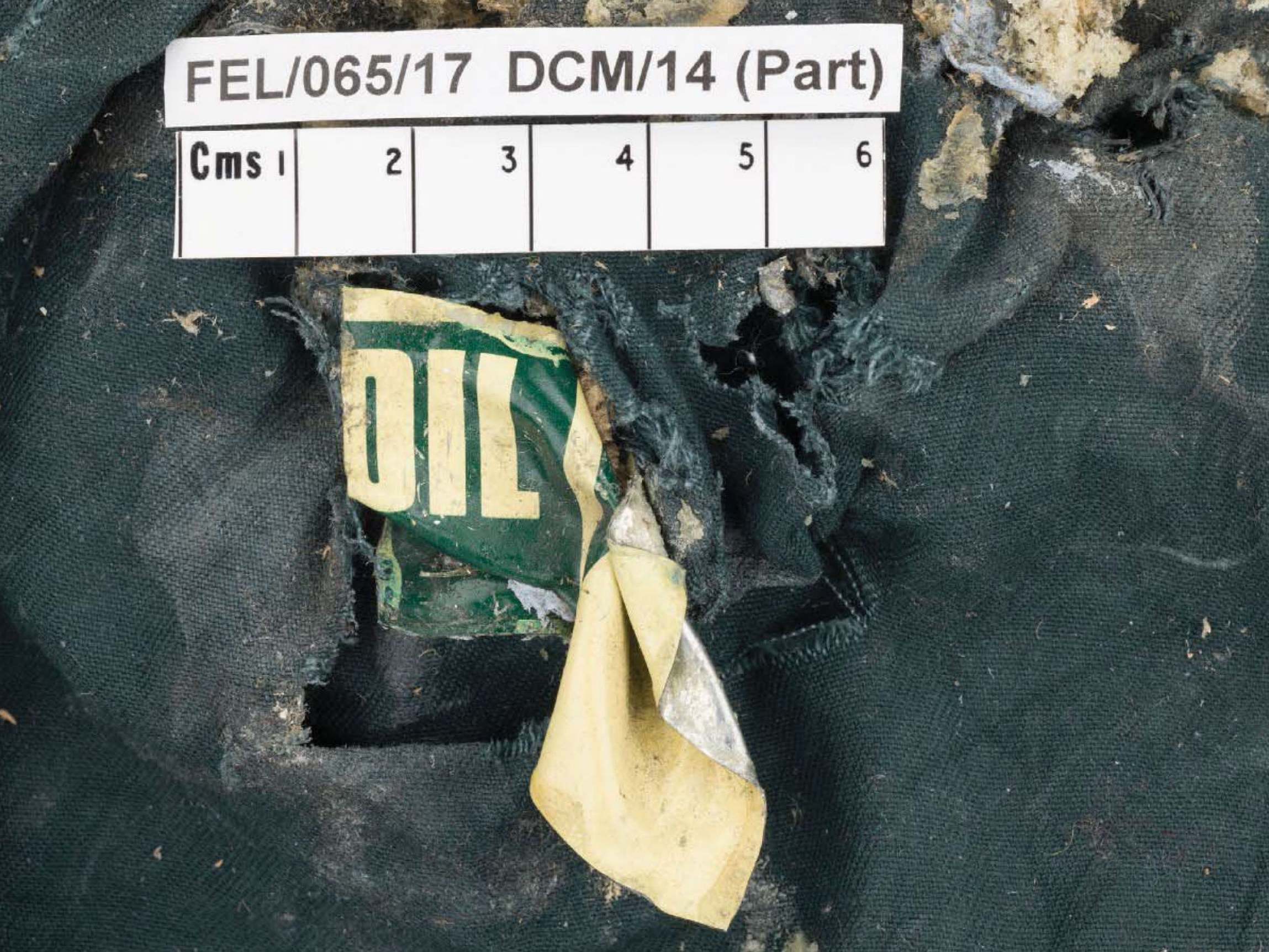Hashem Abedi trial: Manchester bomber's brother will not give evidence in his defence over terror attack
In a prepared statement, the defendant denied knowing of his brother's plan or being involved in constructing the bomb

The Manchester bomber’s brother will not be giving evidence in his own defence, a court has heard.
Hashem Abedi denies charges including murdering the 22 victims killed in the explosion at Manchester Arena.
Prosecutors previously told the Old Bailey he was “just as responsible” for their deaths as his brother Salman, who blew himself up amid young Ariana Grande fans flooding out of a concert in May 2017.
A trial that started last month has heard allegations that Mr Abedi helped obtain precursor chemicals to make explosives and “obtained and experimented with” bomb components.
The jury was told that the 22-year-old’s fingerprints were found in a car that was used to store explosive chemicals and shrapnel before the terror attack.
On Tuesday, a judge told jurors they would not be hearing any further evidence following the conclusion of the prosecution’s case.
Mr Justice Jeremy Baker said that although Mr Abedi was not in the courtroom, he was in the building at the time.
Stephen Kamlish QC, defending Mr Abedi, confirmed he was not unfit to attend the trial and that he was advised that if he chose not to give evidence “the jury may draw inferences that are appropriate for his failure to do so".
Justice Baker told the jury: “There will be no further evidence and it's on that evidence in due course you will be asked to reach your verdicts in this case.”
He is to sum up the evidence heard and give legal directions before jurors are sent out to consider their verdict.
The court previously heard that Mr Abedi was detained in Libya less than 48 hours after his brother detonated the suicide bomb, and extradited to the UK two years later.
The defendant answered ”no comment“ in police interviews, but handed detectives a prepared statement through his solicitor in which he denied involvement and said he ”could not comprehend“ his brother's actions.
The statement, read to jurors, added: "Had I had any idea of it I would have reported it to my mother initially and then to other family members to prevent it from happening. I was shocked my brother had done this and felt bad for everybody.
“I could never have envisaged that my brother had it in him to do this to innocent people.”
Mr Abedi said he was a practising Muslim but did not hold extremist views, adding: “I know nothing about the purchase, storage, preparation and production of homemade explosives and constituent parts including what associated equipment is required.

"I have no knowledge of the appropriation, preparation and construction of improvised explosive devices and their constituent parts.
“I could never comprehend that my brother would have committed such a devastating attack taking not only his life but that of 22 others and injuring many more.”
At the start of the trial, prosecutor Duncan Penny QC said the Manchester attack was the “culmination of months of planning, experimentation and preparation by the two of them”.
“This defendant is just as guilty of the murder of the 22 people killed as was his brother,” he said.
“The law is that Hashem Abedi is just as responsible for this atrocity and for the offences identified in the indictment, just as surely as if he had selected the target and detonated the bomb himself.”
The brothers allegedly duped friends and associates into helping to buy components of the homemade explosive TATP.
Some of the purchases were allegedly made using benefits claimed by their mother.
The Abedis are alleged to have ordered, stockpiled and transported the components - plus several kilos of screws and nails to maximise damage - aided by a variety of different addresses and vehicles at their disposal in 2017.
The court previously heard how Mr Abedi approached his employer for permission to take empty tin cans for scrap, which prosecutors claim were modified for use in the bomb.
Mr Abedi denies 22 counts of murder, one count of attempted murder of the injured survivors, and conspiring with his brother to cause explosions.
Additional reporting by PA
